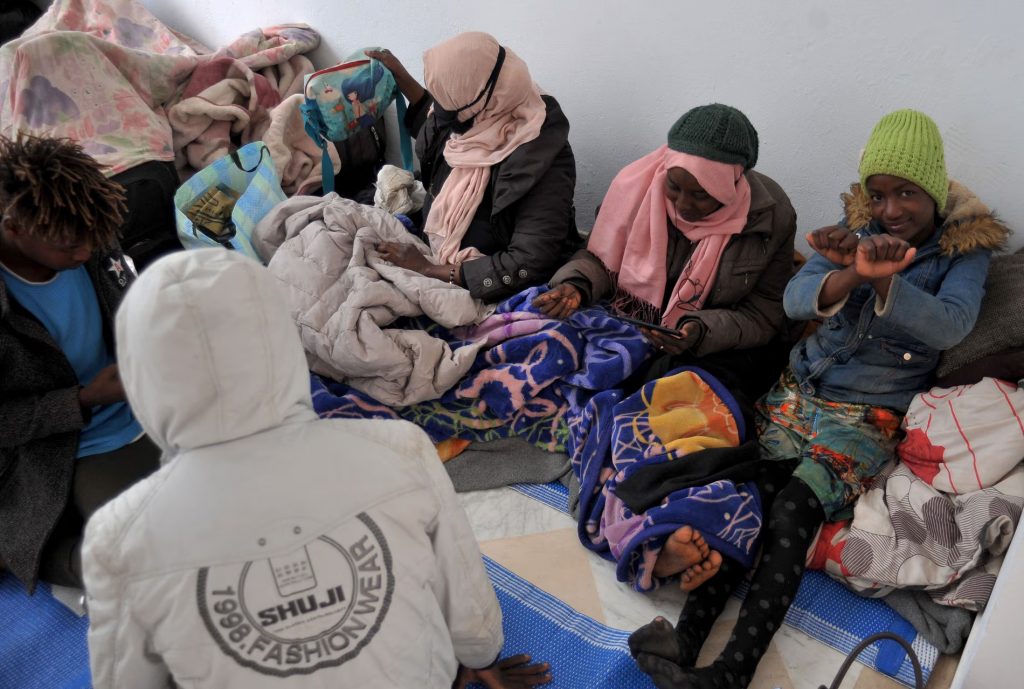Tunisia’s parliament is reviewing a proposed law that would legalize the deportation of migrants without proper documentation. This has sparked widespread debate and international concern about human rights violations in the country.
The Tunisian government claims it has “voluntarily” sent over 7,000 migrants back to their home countries since 2023. However, human rights organizations argue that many of these deportations were forced. Migrants reportedly signed deportation documents under pressure, and conditions in reception centers have been described as harsh, with reports of abuse.
The draft law includes some safeguards, such as exemptions for migrants who might face torture or inhumane treatment if deported. It also allows migrants to appeal deportation orders in court. Critics, however, believe this law would formalize existing forced deportation practices. The Tunisian Observatory for Human Rights has condemned the proposal, calling it unethical and a violation of international migration agreements.
Anti-migrant sentiment in Tunisia has been rising, fueled by President Kais Saied’s controversial speech in 2023. In his address, he claimed that migrants from sub-Saharan Africa were part of a plan to change Tunisia’s demographics. This led to widespread violence, evictions, and job losses for Black migrants. In 2024, authorities abandoned hundreds of migrants at desert borders, leaving them in dangerous conditions.
Migrants living in Tunisia face severe hardships, particularly in areas like Sfax. Camps near the city are overcrowded and lack basic necessities like food, medical care, and sanitation. Many migrants fear arrest if they seek help at hospitals. Abdelaziz, a migrant from Mali and a healthcare worker, expressed his frustration, saying, “We’re just trying to live, but no one seems to care.”
Despite an 84% decrease in migration through Tunisia’s land borders last year, critics blame European Union funding for enabling Tunisia’s harsh treatment of migrants. In 2023, the EU provided €105 million to help Tunisia strengthen its border control. While the EU acknowledges the need for better human rights safeguards, its partnership with Tunisia has drawn criticism.
The future of the proposed deportation law remains uncertain. Rights groups warn that if it passes, it could lead to a humanitarian crisis. For now, the debate continues, with the world watching closely.

